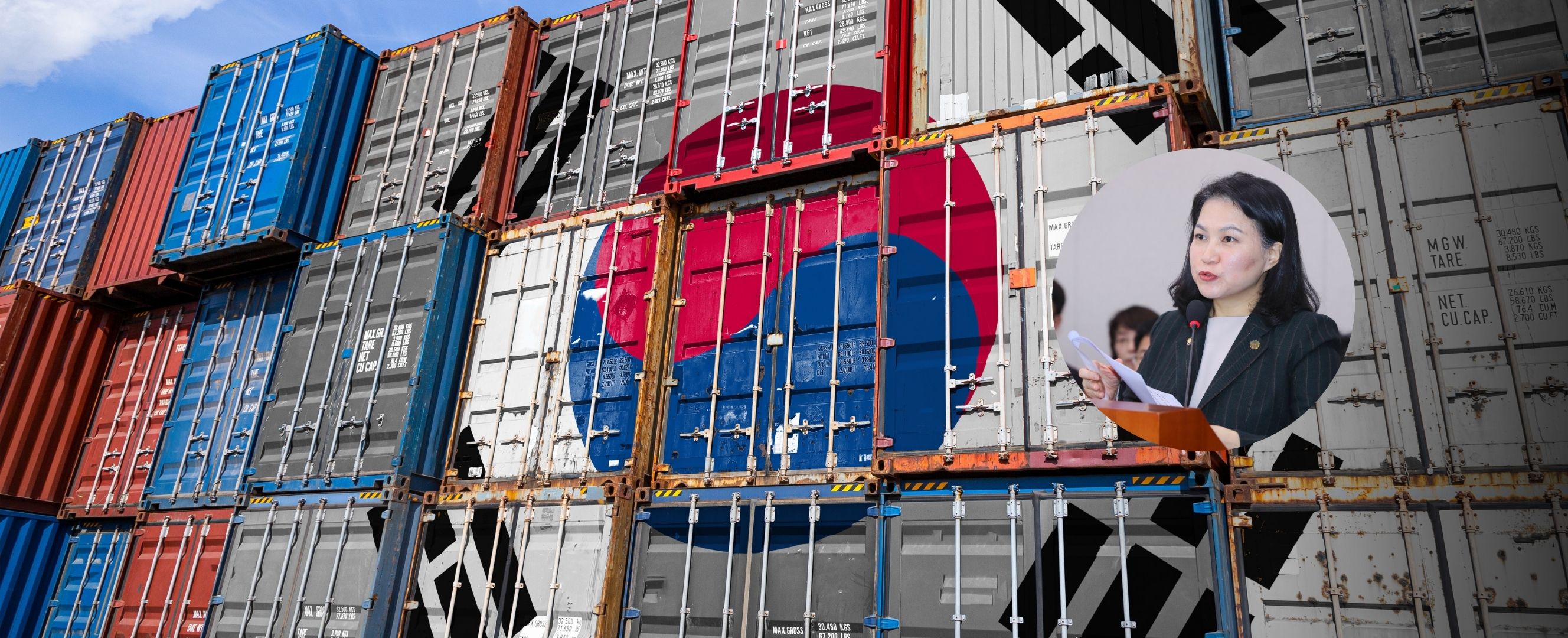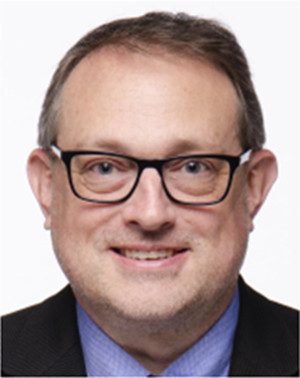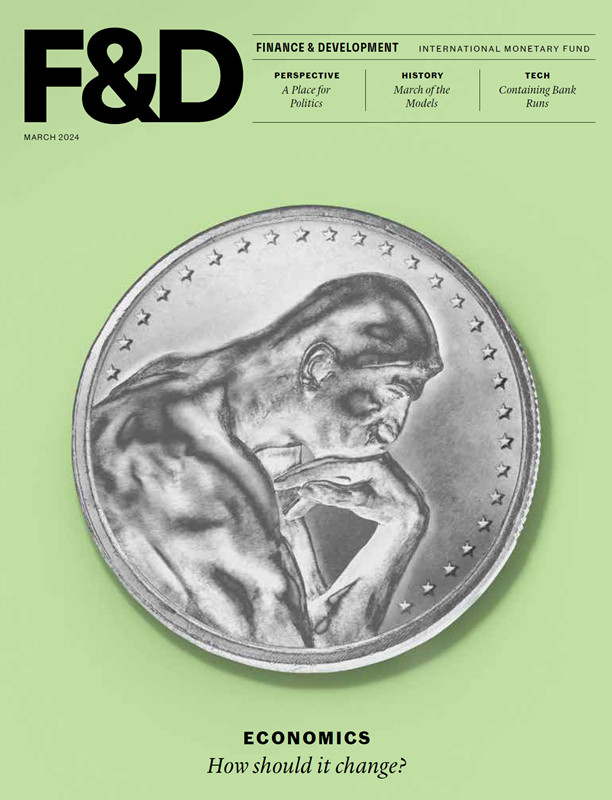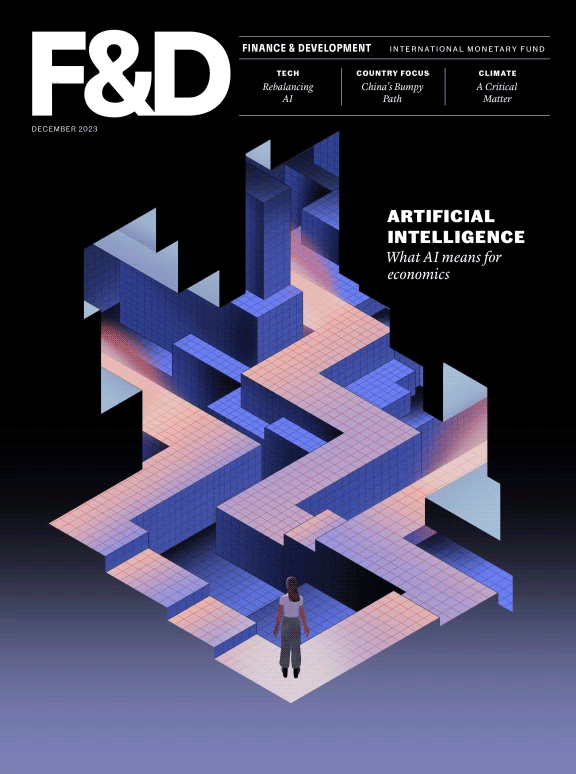Former Korean trade chief Yoo Myung-hee talks about her country’s rise and risk amid economic fragmentation
When Yoo Myung-Hee was a candidate to lead the World Trade Organization, she told members she was born in 1967, when South Korea acceded to the General Agreement on Tariffs and Trade, and began her career in the Ministry of Trade, Industry, and Energy in 1995, when GATT was succeeded by the WTO. She recalled Korea’s remarkable growth from poverty and war to global trade leader, which she attributes to open trade.
Yoo, Korea’s first female trade minister, from 2019 to 2021, made it to the final round for director-general before yielding to Nigeria’s Ngozi Okonjo-Iweala. During nearly three decades in government, she negotiated the Regional Comprehensive Economic Partnership as well as bilateral trade pacts with China and the United States.
Yoo is a graduate of Vanderbilt University Law School in the United States and Seoul National University, where she is now visiting professor at the Graduate School of International Studies. She grew up in Ulsan, an industrial hub home to global trade giants like Hyundai.
In an interview with F&D’s Jeff Kearns, Yoo discusses her experience as Korea’s trade minister and how the country is adapting to the changing global environment.
F&D: How did growing up in Ulsan shape your view of trade?
YM: All the big manufacturing facilities were there, and talent from all over the country came to Ulsan. Thanks to the multilateral trading system, we could export products made in Ulsan all over the world.
But that’s not what intrigued me when I took the job of trade expert. While Korea is often cited as a textbook case of successful growth and development through trade, trade has also been a source of controversy. During the final stage of Uruguay Round negotiations, in 1990, a Korean farmer attempted to take his own life in front of the WTO building in Geneva to protest market opening in the agricultural sector.
So whenever there were discussions about additional market opening, we were always met with huge protests and demonstrations, making it difficult to persuade the public to support the trade initiatives. That really intrigued me—the job of a trade policymaker and negotiator, the daunting task of coordinating divergent and contrasting interests internally while representing my country’s interests and contributing to global rulemaking externally.
F&D: How did you apply those lessons to negotiations?
YM: Sufficient preparation and domestic consultation are increasingly important. First, you have to know the substance of the issues through a thorough analysis. Most importantly, engaging in extensive consultation with domestic stakeholders and relevant agencies helps you explore alternatives, identify landing zones, and fine-tune your redlines during negotiations. These efforts also enhance the likelihood of achieving smooth ratification and successful implementation in the future. However, it takes a lot of time and effort.
For example, when I was a chief negotiator for the Korea-US renegotiations, we had to suspend a public hearing, a legal requirement to launch free trade agreement (FTA) negotiations in Korea, due to a significant protest by agricultural stakeholders. I met with the protesters several times to explain the issues and seek their support and understanding. Thanks to these engagements, we were able to resume the public hearing smoothly. In fact, some of us even became good friends. And this process helped us conclude the negotiations and secure ratification from the National Assembly within a year.
F&D: How did your time as counselor in Beijing, from 2007 to 2010, serve you later in bigger roles, such as talks with China?
YM: Beijing was different then because China made active efforts to engage with other countries and open their markets. For example, China concluded an FTA with New Zealand, its first comprehensive one as well as the first FTA with an advanced country back in 2008.
I actively engaged with China and worked to expand trade and investment with Korea by contributing to the conclusion of Korea-China FTA Joint Study. I also made good friends with many people I met and worked with. Since then, there has been a shift in China’s policy, and the economic trade landscape has been changing as well.
F&D: What was it like when COVID-19 hit a year into your time as minister?
YM: I worked for freer trade and more open markets for most of my career as trade expert, and there was a widespread belief that those would promote economic growth, increase competitiveness and innovation, and improve living standards.
As trade minister, however, I witnessed a shift in the global landscape toward a more security-oriented approach. Some called it the transition from rule-based to “security-oriented trade governance,” emphasizing resilience, stability, and reliability in supply chains.
So 2019 to 2021 marked the beginning of this transition, with economic security becoming increasingly relevant. I had to navigate this complex environment still promoting open and free trade while enhancing supply-chain resilience.
Despite COVID-19, we signed the Regional Comprehensive Economic Partnership among 15 members. We substantially concluded the agreement before the pandemic but only signed the document after one-year negotiations on technical issues to close gaps. And we managed to do this virtually, which wasn’t easy.
F&D: How did you see the pandemic affect trade?
YM: There were a lot of supply disruptions, which caused our country and our companies to reevaluate supply chain vulnerabilities and risks.
During the early days of COVID-19, because of the outbreak in China, Korean carmaker Hyundai couldn’t import wiring harnesses from China. It’s a simple product you can make by hand, not sophisticated like a semiconductor. But 95 percent came from China. And when factories in China shut down, Hyundai Motor had to suspend production at factories in Ulsan because they couldn’t get harnesses. Later they sourced the harnesses from Cambodia. We started FTA negotiations with Cambodia that year.
F&D: Is the global economy at greater risk of fragmentation? How vulnerable is Korea?
YM: It’s a worrisome trend: the increasing politicization of economic and trade issues, the security-oriented approach in trade, the conflation of trade policy with security. With the growing concern about national security as well as geopolitical competition between the US and China, many policymakers in major countries and around the world look at economic issues through a national security prism.
This is manifested in different policies—like supply chain reconfiguration; onshoring, reshoring, or friend-shoring; the resurgence of industrial policy or massive subsidies; and export controls or investment screening. Those policies could have a lasting impact on global supply chains and lead to fragmentation in critical sectors. And as the IMF’s latest World Economic Outlook said, this could increase the cost of doing business, limit companies’ access to global markets, add uncertainty to trade, and result in protectionism and disputes.
Though Korea strives to remain an open trade nation, this trend has impacted us. Supply chain resilience and economic security are buzzwords here in Seoul as well. Therefore, we’ve taken steps to enhance resilience, including supporting industrial and technological competitiveness in critical sectors, and diversification.
Additionally, we are actively seeking to strengthen international cooperation through bilateral, plurilateral and multilateral arrangements, recognizing that improving supply chain resilience does not have to mean turning away from economic openness but can be achieved through collaborative efforts.
It remains uncertain how far this trend of fragmentation will extend. However, the challenges ahead will be significant. Nations, including Korea, must adapt to this changing environment, striving to maintain and promote open trade while striking a right balance between the efficiency, resilience, and security of supply chains.
This interview has been edited for length and clarity.
Opinions expressed in articles and other materials are those of the authors; they do not necessarily reflect IMF policy.









